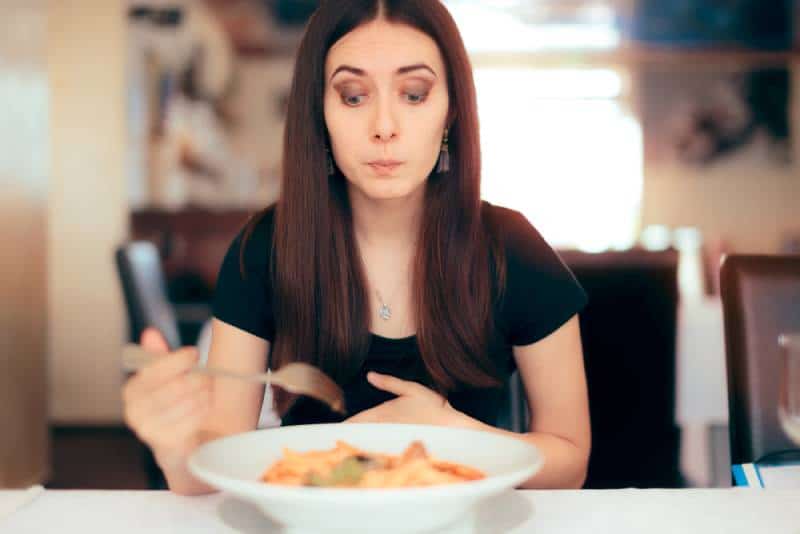Food aversions in pregnant women happen just as often as sudden food cravings.
You may find that you suddenly, without warning, develop a food aversion to a formerly favorite meal.
Out of the blue, you might find yourself gagging when trying to consume some ice cream, while thoroughly enjoying some strange and wonderful new food cravings such as pickles with peanut butter!
This usually happens in the first trimester of your pregnancy, lasting somewhere around 10-12 weeks, and is usually a good indicator that you’re pregnant aside from morning sickness.
While it’s sure to cause chaos to your mealtimes, you needn’t worry as it’s all perfectly normal.
That being said, while these food aversions usually only last for the first trimester, there is a slight chance of them returning briefly throughout the pregnancy period. This is due to the mess that hormonal changes end up making in your body.
But, if you’re really unlucky, it might end up permanently changing your eating habits.
The worst part is that those aversions sometimes include some of your favorite foods. Having to adjust to gagging over food that you could previously eat at any time of day can be heartbreaking.
Now, let’s talk about what causes these food aversions, what the most common ones are, and how to deal with them, shall we?
What Causes Food Aversions?

Well, the simplest answer is to just say the various hormonal changes as the shifting levels cause untold discord with your food preferences.
The more complicated answer is that the amount of human chorionic gonadotropin or hCG for short increases exponentially and that causes these odd shifts, making you a real picky eater.
This increase in food selectivity is common when your hCG levels start to spike. The rising levels are also responsible for many other feeding problems during early pregnancy such as nausea and the opposite of aversions, food cravings.
A more psychological explanation could be that you tie your specific food aversions to the food you eat during periods of morning sickness.
This way your body associates these foods with the nausea and believes them to be the cause, creating a food aversion to that particular food.
One particular research study suggested that the cause of a specific food aversion is because the body believes that particular food to be harmful to the body and the baby and thus it starts to reject it.
It is, however, typically attributed to psychological reasons as mentioned above or to something deeply rooted in the habits or surroundings of your childhood that only kicked in now that your body has become more sensitive.
When Does Food Aversion Start In Pregnancy?
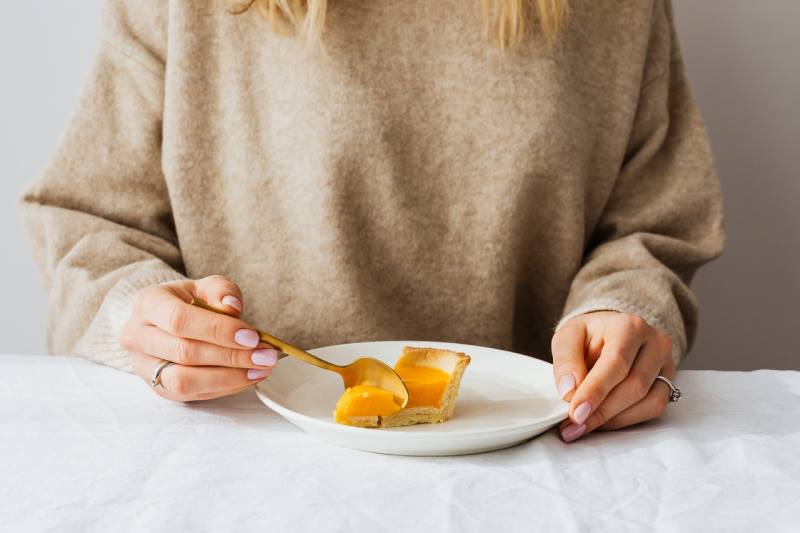
This food aversion is likely to only last for the duration of the first trimester.
But, the other eating disorders and feeding issues, and your lack of appetite are likely to continue all the way to the end of your third trimester and possibly even the end of your pregnancy.
The Most Common Food Aversions
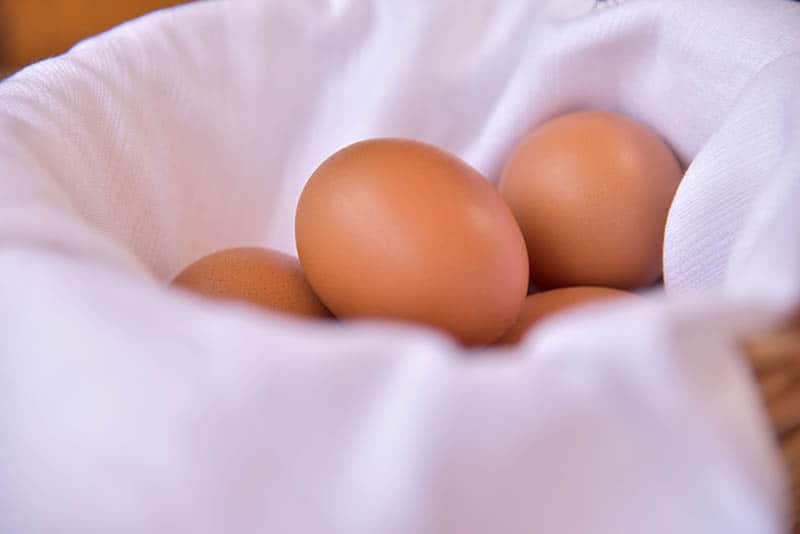
Just so that you’re somewhat prepared, there are a few common types of food that your body simply starts rejecting as has been the case with many pregnant women.
These common aversions are:
- an aversion to meat
- an aversion to milk and dairy products
- an aversion to garlic
- an aversion to onions (remember, you can eat onions while pregnant)
- an aversion to spicy foods
- an aversion to eggs
- an aversion to tea, coffee, and caffeine in general
Take note, the list isn’t a definitive one because which foods you’ll end up despising and which ones you’ll end up loving differs for every pregnant woman.
Who knows, you may even end up developing a food aversion to healthy foods like carrots or broccoli, or some other veggies. That said, just because you hate something at the start of your pregnancy doesn’t mean you’ll end up always hating it.
Sometimes, even the foods you disliked before you became pregnant might become your favorite snacks as the pregnancy cravings start replacing the pregnancy aversions.
The same applies to the types of food that I listed above.
While some women might find them utterly repulsive, others may find it to be the best part of their pregnancy diet.
Although, obviously, some of them should be avoided due to the potential developmental risks it may pose for the child.
Before I became pregnant, I couldn’t stand being in the same room with a jar of pickles or eating anything that had even a dab of Tabasco sauce on it.
But, when I fell pregnant, I started devouring the darn things albeit I had to slightly stave off my cravings for spicy food as they’re not that good in excess for either the mother or the baby.
Naturally, these shifts in my food preferences led to a bit of weight gain until I regained control of them and swapped to a healthier pregnancy diet that worked together with my ever-shifting food cravings and food aversions.
Sensory Food Aversions
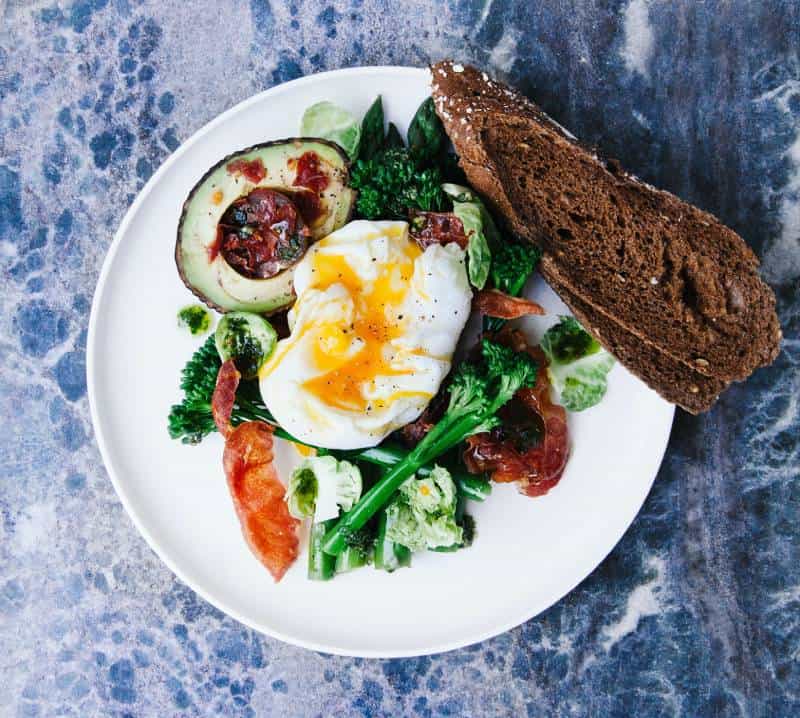
While some food aversions are all-encompassing by nature, others are directly linked to a specific sense.
Some are triggered by your sense of smell, others by your sense of taste, and some by the simple sensation of feeling a texture your body perceives as alien at the time.
When your hormones spike erratically, they end up causing this sensory processing disorder where food you once enjoyed regardless of the taste, smell, or feel becomes utterly revolting to be around.
It sucks, I know, but as mentioned earlier, it’s usually just a temporary condition and it’s likely to go away in a month or two. You just have to tough it out until that time comes.
How To Deal With Food Aversions And Food Cravings When They Start

The general rule is to just go along with them. Fighting food cravings and food aversions is just going to make you upset and you won’t enjoy anything.
That said, you don’t want to overdo it so try to keep a variety of different types of food around the house because compulsively eating one thing is likely to lead to excess weight gain which is something that might lead to further health problems later.
Another good nugget of wisdom is that if you develop a food aversion to a specific type of food that contains crucial nutrients for the healthy development of the baby and your own health, you may want to look for alternatives to fill the gap.
A good example is if you start detesting meat, you should find other protein-rich foods like specific veggies or nuts and different types of beans.
On the other hand, if your food aversion is triggered by smell or texture, you may want to try changing the form of the food you are consuming.
While this won’t work for all cases, you can try blending a smoothie for veggies, or preparing an onion in a way that you won’t feel the crunch. For eggs, it might just be a question of preparing them differently.
Sometimes even just pinching your nose when you eat the food might do the trick.
As for the constant hunger in early pregnancy, I dealt with my food cravings for unhealthy foods by completely removing the temptation and simply not having them around the house.
Shopping for them was just too much of a chore so my mind wouldn’t go that far.
Another good way is to simply head outside when you feel the cravings strike so you can focus your mind on something else.
Another fantastic method of stifling the power of your pregnancy food cravings is to stock up on healthy versions of the desired item and to prepare them in strict portions so you can maintain a healthy weight.
If you start developing a new craving, it’s best to get some pediatric assistance by contacting your local pediatrician to see if that food can harm the baby in any way.
Proper health care must be maintained at all times during pregnancy, regardless of when these cravings/aversions occur.
It also helps if you ask your partner and the rest of the family to avoid eating any of the strong-smelling foods to which you have an aversion (pepperoni on pizza for example) so you don’t have to suffer.
Are Food Cravings And Food Aversions In Any Way Preventable?
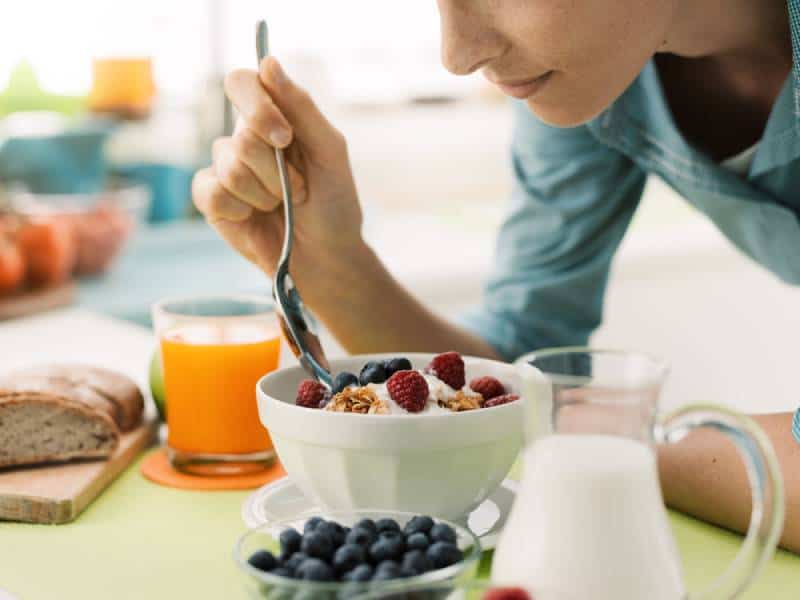
Sadly, no. You have to power through them whether you like it or not as there is little we can do to control our hormones.
The best you can do is follow the things I’ve outlined above. Stocking up on the kinds of food that you like that can serve as alternatives to your cravings/aversions generally does the trick!
What To Do If You Start Craving Some Non-Food Items

Should this happen, you should contact your doctor immediately for medical advice. You might be surprised at this, but it’s a rather common occurrence in pregnant women and the condition is called pica.
It’s usually when your bodily functions have had such a drastic impact on your diet that you begin lacking some important nutrients and you hit a nutritional deficiency.
The most common non-food cravings tend to be clay, dirt, ashes, or even laundry starch.
Isn’t it weird what our body chemistry can do to us?
Whatever you do, don’t give in to these cravings and stick to whatever advice your doctor gives you.
In Conclusion
Every new food aversion and craving can be a challenge to adapt to and can spark some worry, but I assure you that they’re both a very natural part of the pregnancy process.
That said, they typically only happen in the first trimester of pregnancy and should hopefully pass after that.
It’s important to stay well-informed during this period and to know what alternatives you can consume should an aversion create a deficiency or should a new pregnancy craving be unsafe to consume when it comes to your and your baby’s health.
As far as possible, it’s simply best to go along with these urges and to alter the environment around you to fit them.
If, however, you start craving some non-food items that are obviously bad for you, call your doctor or certified healthcare professional as soon as possible so you don’t succumb to them.
Stay healthy and stay safe, mammas.
Like this article? Please share or pin it for later. You can also stay in the loop and follow us on Facebook, Instagram and Pinterest.
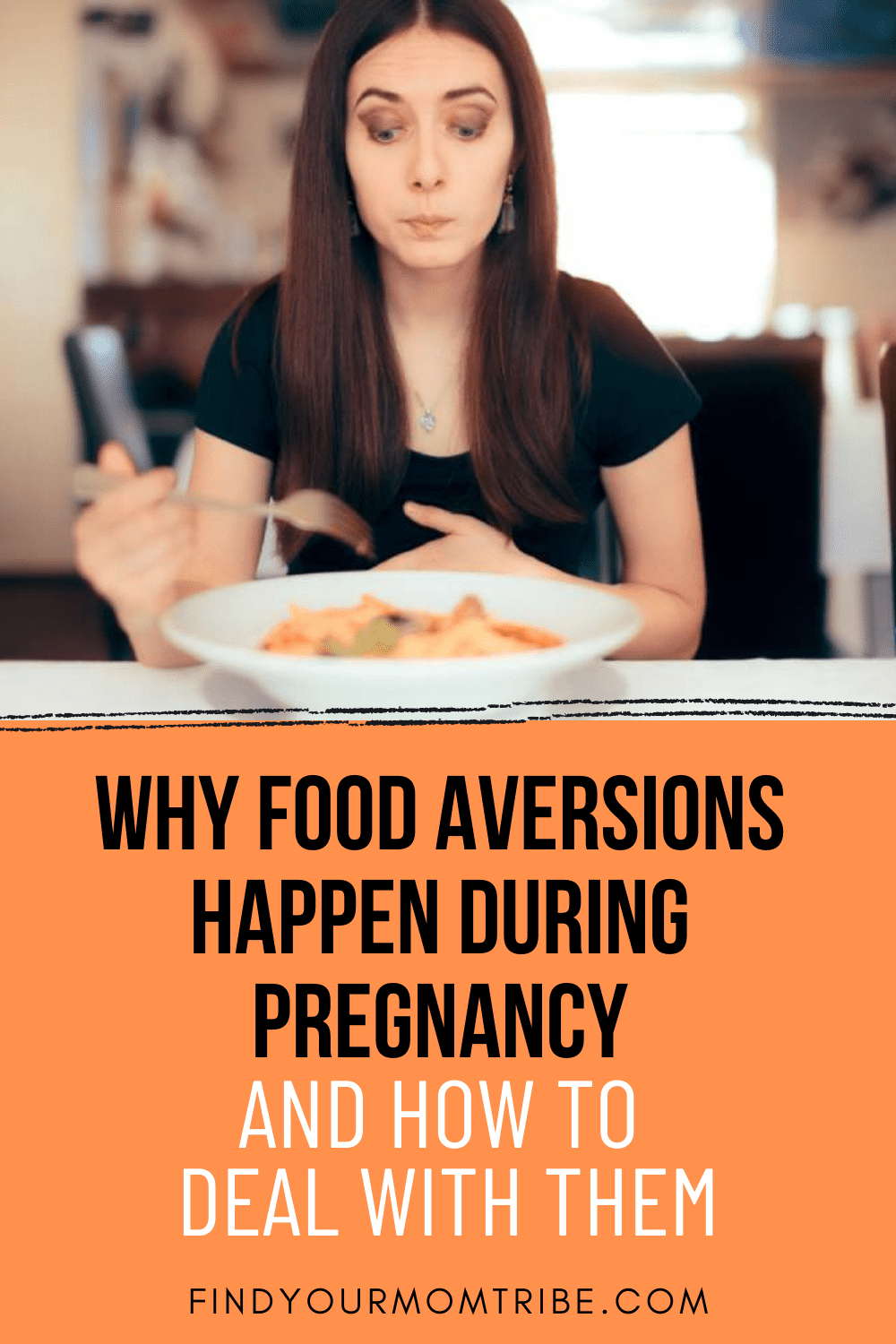
This post contains affiliate links. Please see our full disclosure for more info.

